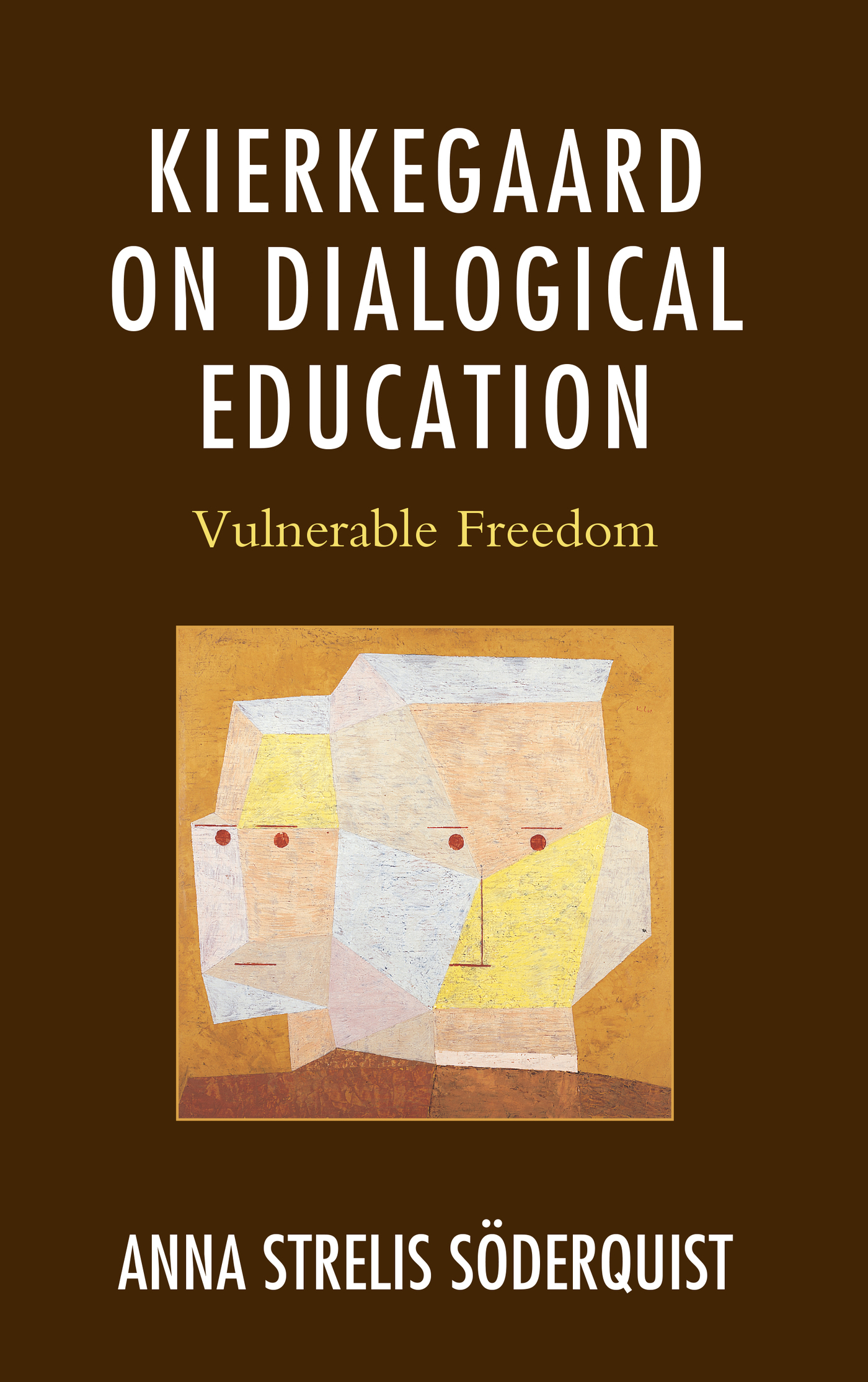Kierkegaard on
Dialogical Education
Kierkegaard on
Dialogical Education
Vulnerable Freedom
Anna Strelis Soderquist
LEXINGTON BOOKS
Lanham Boulder New York London
Published by Lexington Books
An imprint of The Rowman & Littlefield Publishing Group, Inc.
4501 Forbes Boulevard, Suite 200, Lanham, Maryland 20706
www.rowman.com
Unit A, Whitacre Mews, 26-34 Stannary Street, London SE11 4AB
Copyright 2016 by Lexington Books
Material from Kierkegaard on the Socratic Approach to Storytelling with Children, in Acta Kierkegaardiana, vol. VII: Kierkegaard and Classical Greek Thought, reprinted with permission of the co-editors, Andrew J. Burgess, Professor of Philosophy Emeritus, University of New Mexico, USA; and William McDonald, Professor of Philosophy Emeritus, University of New England, Australia.
All rights reserved. No part of this book may be reproduced in any form or by any electronic or mechanical means, including information storage and retrieval systems, without written permission from the publisher, except by a reviewer who may quote passages in a review.
British Library Cataloguing in Publication Information Available
Library of Congress Cataloging-in-Publication Data
Names: Sderquist, Anna Strelis, author.
Title: Kierkegaard on dialogical education : vulnerable freedom / Anna Strelis Sderquist.
Description: Lanham : Lexington Books, [2016]. | Includes bibliographical references and index.
Identifiers: LCCN 2016022406 (print) | LCCN 2016023334 (ebook) | ISBN 9781498533775 (cloth : alkaline paper) | ISBN 9781498533782 (electronic)
Subjects: LCSH: Kierkegaard, Sren, 18131855. | Liberty. | Education.
Classification: LCC B4378.L53 S63 2016 (print) | LCC B4378.L53 (ebook) | DDC 198/.9dc23 LC record available at http://lccn.loc.gov/2016022406
 TM The paper used in this publication meets the minimum requirements of American National Standard for Information Sciences Permanence of Paper for Printed Library Materials, ANSI/NISO Z39.48-1992.
TM The paper used in this publication meets the minimum requirements of American National Standard for Information Sciences Permanence of Paper for Printed Library Materials, ANSI/NISO Z39.48-1992.
Printed in the United States of America
To Brian, my partner in dialogue
List of Abbreviations
Texts by Kierkegaard
CA | The Concept of Anxiety, trans. Alastair Hannay (New York: Liveright Publishing, 2014). |
CD | Christian Discourses, trans. and ed. Howard V. Hong and Edna H. Hong (Princeton: Princeton University Press, 1997). |
CI | The Concept of Irony, trans. and ed. Howard V. Hong and Edna H. Hong (Princeton: Princeton University Press, 1989). |
CUP1 | Concluding Unscientific Postscript, vol. 1, trans. and ed. Howard V. Hong and Edna H. Hong (Princeton: Princeton University Press, 1982). |
EO1 | Either/Or, Part I, trans. and ed. Howard V. Hong and Edna H. Hong (Princeton: Princeton University Press, 1987). |
EO2 | Either/Or, Part II, trans. and ed. Howard V. Hong and Edna H. Hong (Princeton: Princeton University Press, 1987). |
EUD | Eighteen Upbuilding Discourses, trans. and ed. Howard V. Hong and Edna H. Hong (Princeton: Princeton University Press, 1990). |
FSE | For Self-Examination, trans. and ed. Howard V. Hong and Edna H. Hong (Princeton: Princeton University Press, 1990). |
FT | Fear and Trembling, trans. and ed. Howard V. Hong and Edna H. Hong (Princeton: Princeton University Press, 1983). |
JC | Johannes Climacus, trans. and ed. Howard V. Hong and Edna H. Hong (Princeton: Princeton University Press, 1985). |
JFY | Judge for Yourself!, trans. and ed. Howard V. Hong and Edna H. Hong (Princeton: Princeton University Press, 1990). |
JP | Sren Kierkegaards Journals and Papers, vols. 16, trans. and ed. Howard V. Hong and Edna H. Hong, assisted by Gregor Malantschuk (vol. 7, Index and Composite Collation) (Bloomington: Indiana University Press 19671978); cited by volume, entry, and page numbers. |
Pap. | Sren Kierkegaards Papirer, 26 vols., ed. P. A. Heiberg, V. Kuhr, and E. Torsting (Copenhagen: Gyldendal, 19681978). |
PC | Practice in Christianity, trans. and ed. Howard V. Hong and Edna H. Hong (Princeton: Princeton University Press, 1991). |
PF | Philosophical Fragments, trans. and ed. Howard V. Hong and Edna H. Hong (Princeton: Princeton University Press, 1985). |
R | Repetition, trans. and ed. Howard V. Hong and Edna H. Hong (Princeton: Princeton University Press, 1983). |
SKS | Sren KierkegaardsSkrifter, 55 vols., ed. Niels Jrgen Cappelrn, Joakim Garff, Johnny Kondrup, Alastair McKinnon, Finn Hauberg Mortensen (Copenhagen: Gads, 19972013). |
SUD | The Sickness unto Death, trans. and ed. Howard V. Hong and Edna H. Hong (Princeton: Princeton University Press, 1980). |
TD | Three Discourses on Imagined Occasions, trans. and ed. Howard V. Hong and Edna H. Hong (Princeton: Princeton University Press, 1993). |
WA | Without Authority, trans. and ed. Howard V. Hong and Edna H. Hong (Princeton: Princeton University Press, 1997). |
WL | Works of Love, trans. and ed. Howard V. Hong and Edna H. Hong (Princeton: Princeton University Press, 1995). |
Other Key Texts
E | Rousseau, Jean-Jacques. Emile or On Education, trans. Allan Bloom (New York: Basic Books, 1979). |
PI | Schelling, F. W. J. Philosophical Investigations into the Essence of Human Freedom, trans. Jeff Love and Johannes Schmidt (Albany: SUNY Press, 2006). |
AE | Schiller, Friedrich. On the Aesthetic Education of Man, trans. Reginald Snell (New York: Frederick Ungar Publishing, 1965). |
Introduction
No being exists in such ambiguity as a human being. We are at one and the same time fully nature and fully spirit, earthbound and otherworldly, beast and angel. Where is such a creature to turn in becoming? A beast relies on its instincts, enjoys the prowess of its natural capacities, and seeks out the finest conditions for flourishing. An angel, free from physical prejudices and burdens, attunes itself effortlessly to the eternal, receiving and carrying forth messages as both guide and protector. In either case, one becomes what one is meant to be without further ado. For a human being, however, becoming is never so straightforward. This is both the blessing and the curse of the human condition. We struggle from beginning to end in the ambiguity of our dual aspect. In our projects and dreams, we are inspired to become more than we are at any given moment; yet, in our honest self-appraisals, we are thrown back pitilessly into our materiality and situatedness. We are both utterly free to choose our own course and wholly dependent in our need for assistance. We are at once totally responsible and absolutely vulnerable.
Next page
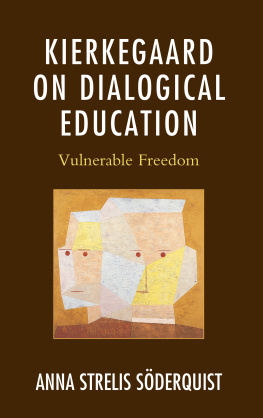
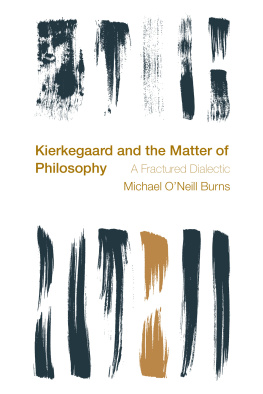
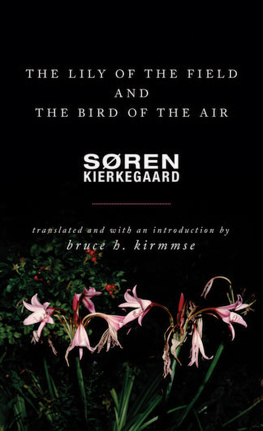


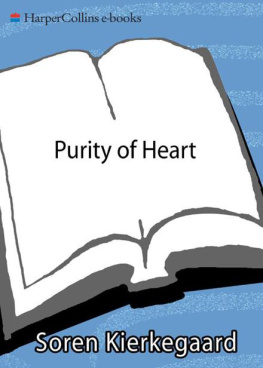
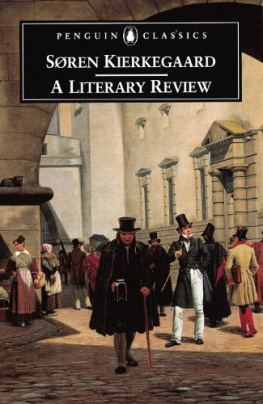
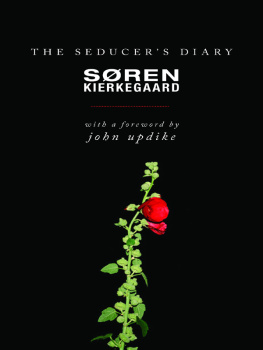
 TM The paper used in this publication meets the minimum requirements of American National Standard for Information Sciences Permanence of Paper for Printed Library Materials, ANSI/NISO Z39.48-1992.
TM The paper used in this publication meets the minimum requirements of American National Standard for Information Sciences Permanence of Paper for Printed Library Materials, ANSI/NISO Z39.48-1992.